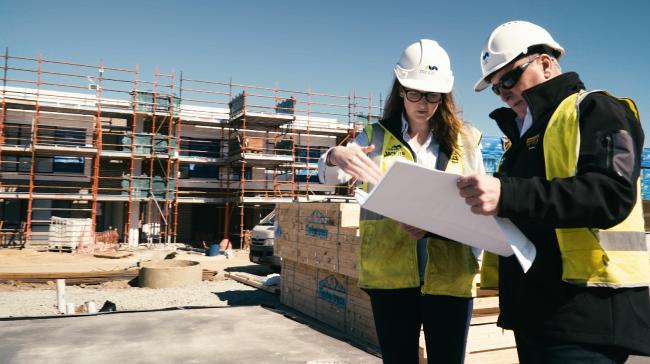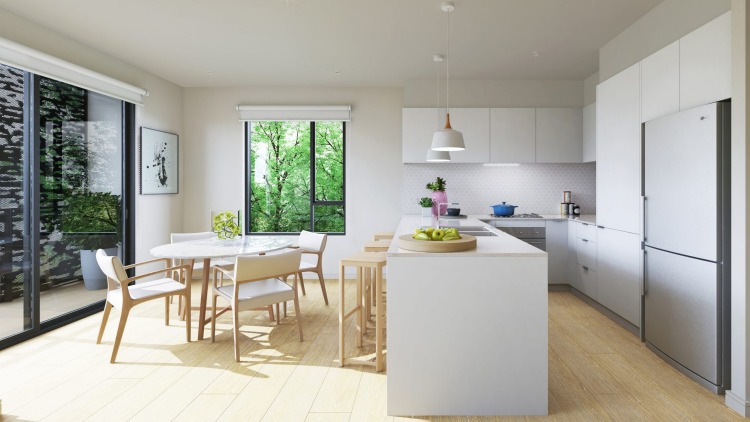To target zero energy bills, the technology and smart controls offer ‘energy load management,’ enabling more energy to be used when the sun is shining, and excess energy to be stored for use in peak times, while smart meters and monitoring systems will help the residents keep track of where and how their energy is used.
A control house will be used for comparison and the entire project will be tracked as part of a larger research piece to understand how average families consume energy and how the house performs.
Mirvac hopes the financial benefit of living without rent and with lower energy bills for a year will help a deserving family save enough money to buy their own home at the end of the experiment.
The company is looking for a Melbourne family with two children (any age from infant to 18 years), with one parent employed in a key worker sector, such as health or education. The family must be willing to live continuously in the house for the duration of the year-long experiment.
“This is an important experiment to understand how can we deliver a house with no bills to market at a price that works for Australian families,” Lloyd-Hurwitz said.
Between now and 2050, an estimated two million new homes are expected to be built in Victoria.











